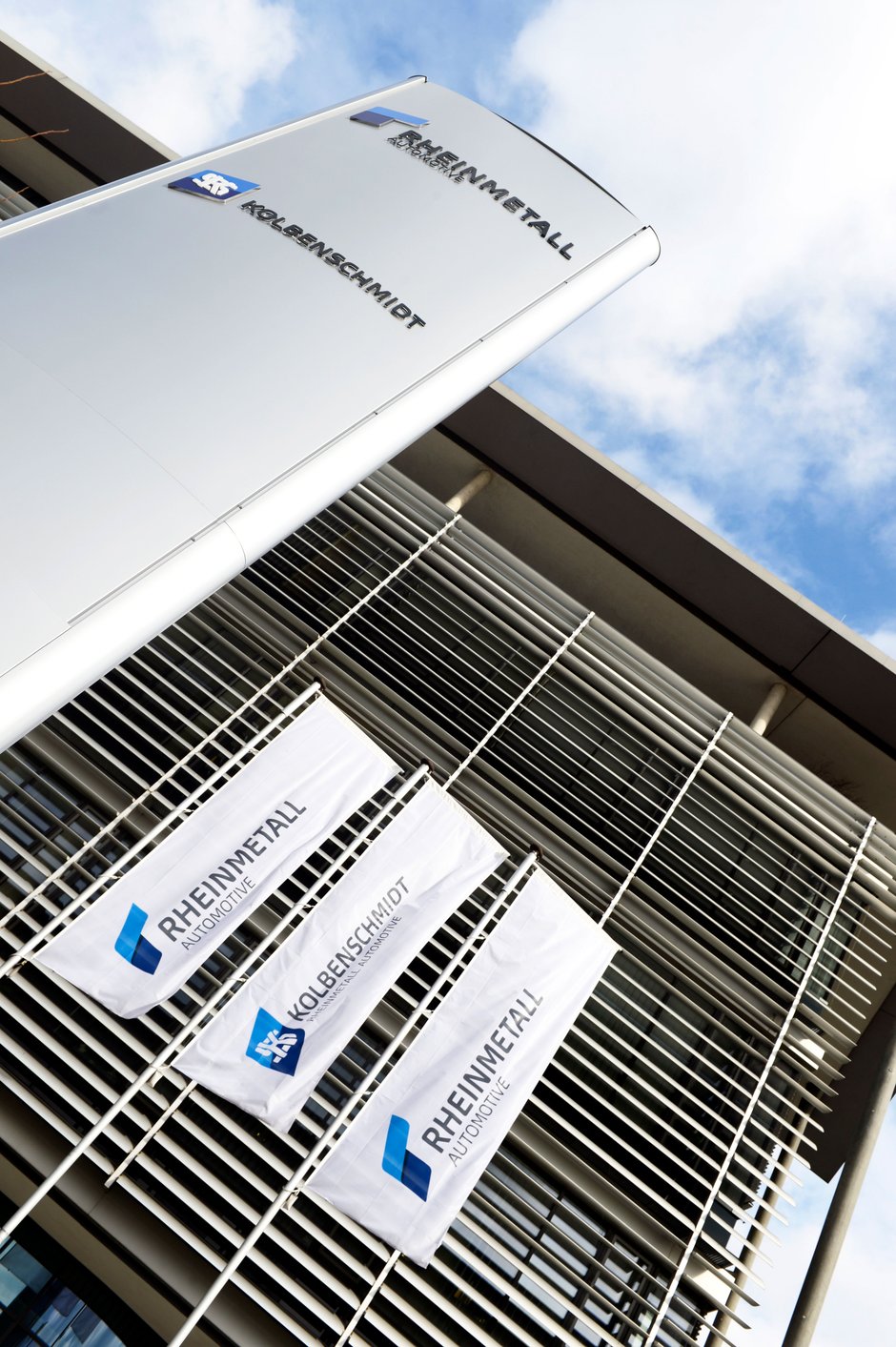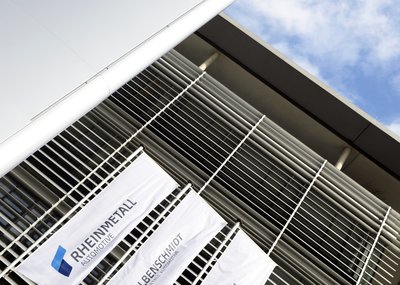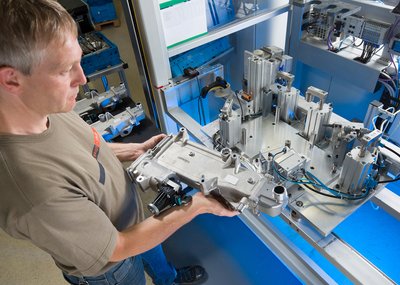Rheinmetall Automotive’s performance was influenced by weaker business in the international automotive industry again in 2019. The sales sank from €2,930 million in 2018 to €2,736 million in 2019, a reduction of 6.6%. According to the latest market data, global automotive production shrank by nearly 6% in the same period.
As a result of the drop in sales, the operating earnings (EBIT before special items) amounted to €184 million in the past fiscal year, after a record high of €262 million in the previous year. The operating margin consequently fell to 6.7% after 8.9% in the previous year.
Armin Papperger, Chief Executive Officer of Rheinmetall AG: “With our our cost efficiency in the Group’s financial resources, we are well prepared for the challenges we face. In addition, we are in a good position to build on our earlier success once the global automotive markets stabilize after the corona crisis. We will continue to benefit from rising demand for environmentally friendly mobility with our products for reducing consumption and emissions. At the same time, we are selectively expanding our activities in the field of alternative drives, so that we can continue playing an important role as a development partner to the international automotive industry in the future.”
All three sector divisions of Rheinmetall Automotive suffered a decline in sales compared with the previous year. Due to the weak performance of the international automotive industry, the ongoing drop in demand for diesel products for the passenger car market was not offset, as in the previous year, by other product groups such as applications for trucks and gasoline drives. As a result, new product launches were postponed or took place on a smaller scale than anticipated.
In the Mechatronics division, sales declined in the Automotive Emission Systems and Solenoid Valves product areas in particular. In the Hardparts division, sales of small-bore pistons declined in the markets of North America and Brazil, while the European sales market proved weak with regard to plain bearings. In contrast, the Aftermarket division performed well in its global markets overall, with only a slight drop in sales.
The joint ventures in China generated sales totaling €1,010 million in fiscal 2019. Compared with the previous year, this represents growth of 16%. Once again, the companies, which are not included in the Group’s consolidated sales, therefore significantly outperformed the Chinese passenger car market, which registered a 4% decline in production in 2019.
The Executive Board and Supervisory Board will propose increasing the dividend to €2.40 per share at the Annual General Meeting on May 5, 2020. This corresponds to a distribution ratio of approximately 31%. A dividend of €2.10 per share was paid in the previous year.
Outlook 2020
With the decline in the automotive market for the third year in a row and based on the most recent experts estimates for the development of global automotive production, lower sales are expected in the Automotive sector in 2020. Besides the risks of weaker macro-economic development in the eurozone countries, the results of tightened CO2 regulations in the European Union, and effects of Brexit, which cannot be fully assessed, the current situation in the automotive industry is characterized by volatility risks due to unresolved trade conflicts. Added to that are the risks caused by the currently unforeseeable economic consequences of the coronavirus.
Due to the comparative lack of clarity regarding the development of global automotive production over the next few months, which is currently declining due to the global economic risks associated with the spread of coronavirus, the Rheinmetall Group, too, is subject to greater forecast uncertainty regarding sales and earnings performance. Because of the prevailing uncertainties, the possible effects of the coronavirus pandemic have not been taken into account in the current forecast data for the 2020 financial year.
Against a background of these uncertainties regarding the development of production in all important automotive markets, Rheinmetall agrees with the expert forecasts and also expects to see global automotive production decline over the course of 2020.
Sales of the Automotive sector will be decisively influenced by the development of production in the European, North American, and Asian automotive markets – and above all there, in China, the largest global market. On the basis of current market expectations, Rheinmetall anticipates that sales in the Automotive sector – compared with the previous year’s figure and before currency effects – will fall by between 2% and 3% in the current fiscal year. For the Automotive
sector, Rheinmetall expects an operating margin of around 5% in fiscal 2020 based on the expected decline in global automotive production and the resulting sales forecast for the sector.
The global spread of coronavirus means that, as things stand, the economic risks for fiscal 2020 are growing. Rheinmetall will monitor the potential impact and adjust the annual forecasts if and when necessary.









